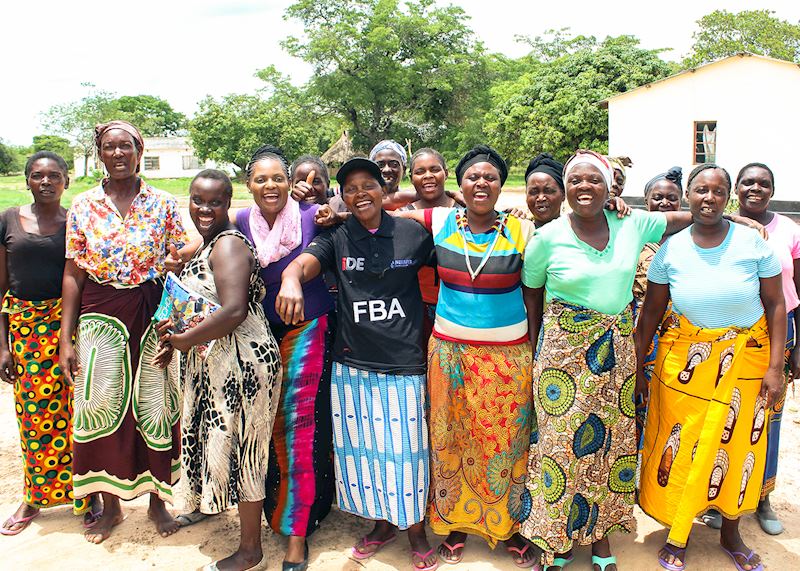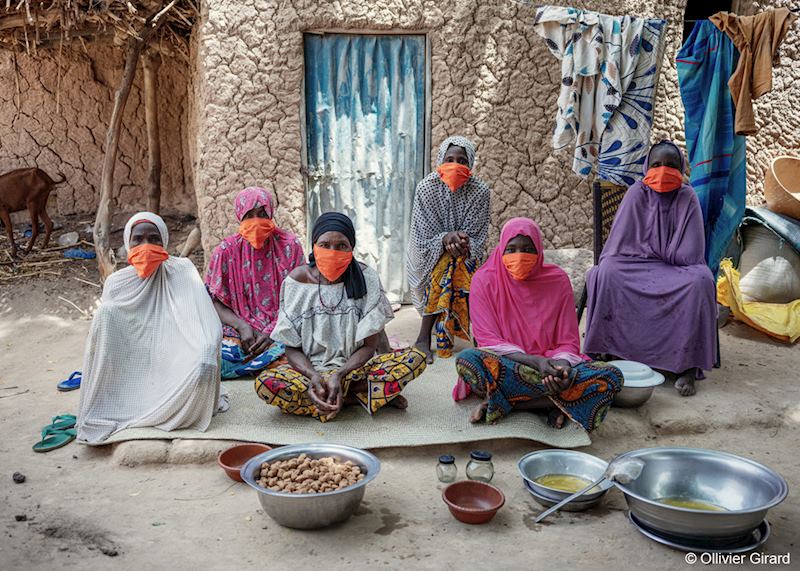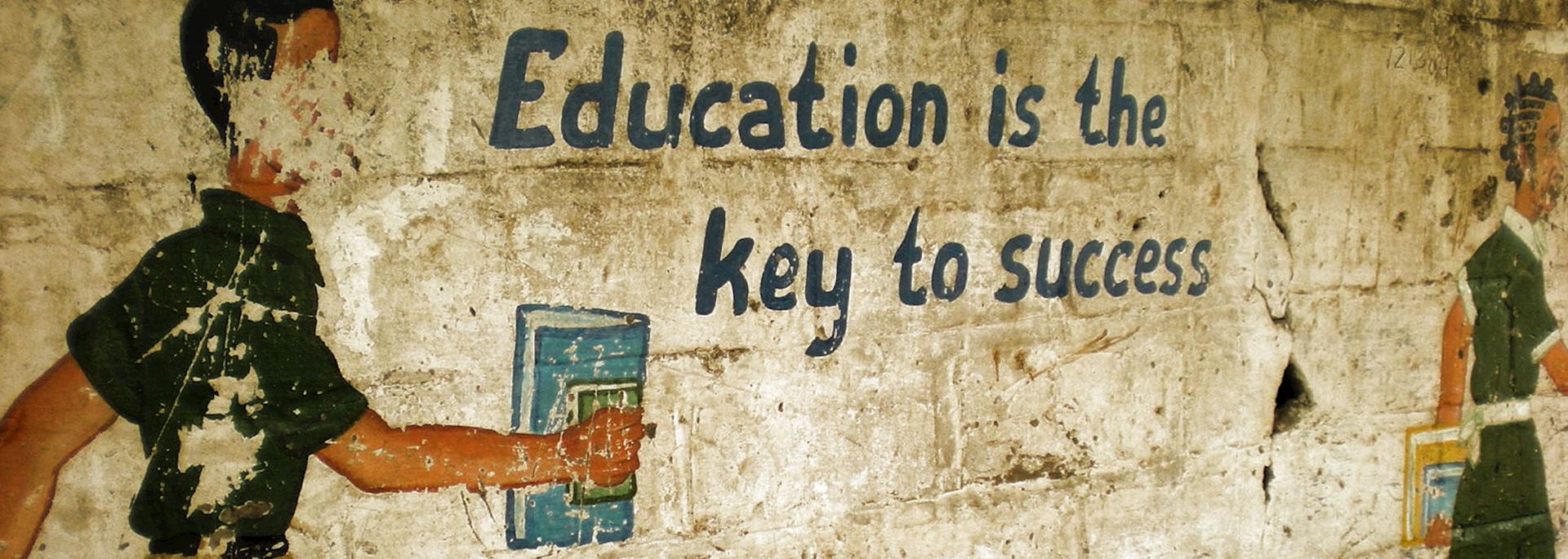Audley Travel for Good Fund
We believe responsible travel involves giving something back to the places we visit. That’s why we support a selection of social and environmental charities around the world and in our local communities as part of our Travel for Good Fund. Through fundraising and donations from our staff and clients, we’re able to support eight of the UN’s Sustainable Development Goals focused on uplifting the communities and ecosystems we travel to.
Our fund currently supports the following charities:
iDE
iDE empowers entrepreneurs to end poverty. For the last four decades, iDE has been making a difference in the lives of more than 40 million people worldwide by creating opportunities that enable them to participate in the economy and achieve their aspirations.
The organisation believes that one single entrepreneur can transform their community. By encouraging people to build small businesses, families leave poverty and communities can develop local solutions for quality sanitation, safe drinking water, food security, and nutrition. For every $1 donated, a family iDE is supporting can increase their annual income by at least $10, and often much more, for years to come. You can find out more about iDE on its website, or donate here.

Take 3 For The Sea
Take 3 For the Sea was founded in 2009 by three passionate ocean lovers in Australia. It’s now a global movement of millions around the world. Each year, an enormous amount of plastic enters the world’s oceans, killing and injuring wildlife and damaging ecosystems. Take 3 for the Sea helps people to see and understand the harm plastic pollution is doing and inspire them to take simple actions to bring about widespread change.
The initiative invites everyone to:
- take three pieces of litter with you when you leave a beach, waterway, or anywhere you are
- take three actions to reduce your plastic use
- take three people with you on the journey to reduce their plastic usage
You can find out more about Take 3 for the Sea on its website, or donate here.

CARE
Founded in 1945 with the creation of the CARE Package®, CARE is a leading humanitarian organisation fighting global poverty. It places a special focus on working alongside women and girls because it believes that, equipped with the proper resources, they have the power to lift whole families and entire communities out of poverty. Through its hundreds of annual projects, CARE has supported and continues to support millions of people worldwide.
CARE is committed to a locally driven, globally scaled approach to humanitarian assistance. CARE responds to dozens of global emergencies each year, reaching approximately 12 million people through disaster relief efforts. When crisis strikes, CARE’s teams act immediately to ensure that affected families have the basic supplies they need, like food, water, and temporary shelter, but also support medium- and long-term recovery. To learn more, visit CARE’s website, or you can donate here.



